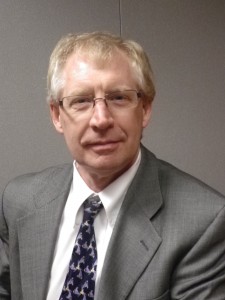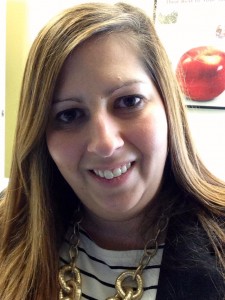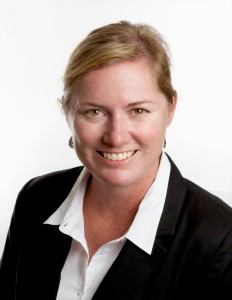English / French

As a primary tool for research dissemination, extension services are expected to result in the adoption of innovations by the agricultural sector. Along with other technology and knowledge transfer initiatives, extension services should contribute to getting innovative products directly into the hands of farmers and producers.
The Theme 2 workshops, Extension and Technology/Knowledge Transfer, will help participants assess the needs and opportunities for accelerating the adoption of innovative research in the agricultural sector by analyzing current issues in agricultural extension and other technology transfer mechanisms.
Workshop 2-A: Models of Extension in the 21st Century
Current trends in research partnerships require a redefinition of the role of agricultural extension services and operations. While the public sector continues to play a role in providing agricultural extension services, farmers, industry and producer-led organizations have increasingly been required to expand their responsibilities in the delivery of such services. In this scenario, new models of extension require key actors to assume new roles and responsibilities in order to promote farmer-scientist collaborations and identify emerging issues that agricultural research can help solve.
In this workshop, panelists and participants will:
Review different models of agricultural extension and the evolving roles and responsibilities of academia, agrology professionals, farmers, government, industry and producer-led organizations.
Panelists
Michael Toombs, Director of the Research and Innovation Branch, Ontario Ministry of Agriculture, Food and Rural Affairs and General Manager, Agricultural Research Institute of Ontario

Michael is the Director of the Research and Innovation Branch of the Ministry of Agriculture, Food and Rural Affairs (OMAFRA), as well as the General Manager of the Agricultural Research Institute of Ontario (ARIO), a provincial agency that provides advice to the Minister. This includes research investment, and competitive research initiatives focused on research co-ordination, innovation and knowledge management.
In managing ARIO, Michael is responsible for a number of initiatives: leading teams to implement a capital strategy to revitalize and transform provincial agri-food and bioeconomy research platforms, including the Vineland Research and Innovation Centre and the transformation of the Elora research complex, and the management of the OMAFRA /University of Guelph Partnership Agreement.
He has a background in leading government initiatives that target issues and solutions for the rural and the agriculture sectors. Michael is a professional engineer with an undergraduate degree from Concordia University and a Masters in Water Resource engineering from the University of Guelph.
Workshop 2-B: Maximizing Technological Transfer
New information and technologies can be better communicated to farmers and producers through demand-driven and participatory research. Encouraging end-users to engage in research projects and participating in knowledge mobilization activities can help improve the effectiveness of technology development, raise adoption rates and increase the rate of return on agricultural research.
In this workshop, panelists and participants will:
1. Examine the key challenges facing technology transfer in agricultural research
2. Compare best practices and lessons learned in technology transfer and adoption
3. Identify opportunities to maximize the impact of new information, processes, products and technologies
Panelists
Amy Argentino, Manager, Projects and Programs, Canadian Horticultural Council

Amy Argentino has been working with the Canadian Horticultural Council in various roles since 2003 and is currently in the position of Manager, Projects and Programs. She has extensive experience with coordinating projects and government agreements, including her management of CHC’s Agri-Science Cluster for Horticulture 2. The research activities in Cluster 2 bring together expertise from academia, industry and government to address key challenges in the apple and potato industries. Amy also organizes the CHC’s Annual General Meeting. She has a Bachelor of Arts degree in Linguistics from the University of Ottawa.
Dr. Bronwynne Wilton, Consulting Project Lead, Synthesis Agri-Food Network

Dr. Bronwynne Wilton brings a unique combination of expertise in the agri-food and rural sectors combined with a practical ability to transform complex ideas into tangible solutions. Through her experience managing a comprehensive knowledge translation and transfer (KTT) program, Bronwynne has worked with researchers across the agri-food and rural sectors to develop and implement effective KTT strategies and outcomes aimed at improving the success of the Ontario agri-food sector as well as improving rural community vitality.
Dr. Wilton holds a PhD in Rural Studies, a Masters of Science in Rural Planning/Landscape Architecture, in addition to a Bachelor of Science in Agriculture.
